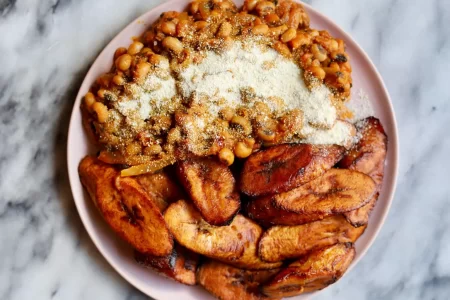The cost of essential food items in the country is spiraling out of control, with dried pepper and beans, commonly known as “gob3,” a beloved staple for many, taking the hardest hit due to rising food prices.
The latest Consumer Price Index (CPI) report by the Ghana Statistical Service (GSS) showed that dried pepper prices have surged by an alarming 93.6% year-on-year, while beans have climbed by 82.3%. Rising food prices are affecting everyone.
These staggering price hikes are hitting Ghanaians where it hurts most, particularly at a time when many are trying to recover from the heavy financial toll of the festive season.
In Ghana, January is often described as the longest month of the year, not because it has more days, but because it stretches the limits of household budgets. After the December festivities, which see families spending generously on food, gifts, and celebrations, January comes with a reality check and rising food prices.
For many, the one meal they could reliably turn to in tough times is gob3, boiled beans often paired with gari, fried plantain, and red oil. But now, even this lifeline is becoming a luxury due to rising food prices.
Dried pepper, an essential spice in preparing gob3 and many Ghanaian dishes, has become increasingly unaffordable. In addition to its year-on-year surge, dried pepper prices have seen a 4.5% month-on-month increase.
The situation is equally grim for beans, the heart of gob3, which has seen its price skyrocket by 82.3% year-on-year. While there was a slight 3.1% drop in price over the past month, the long-term trend remains troubling.
For many Ghanaians, gob3 was not just a meal but an affordable source of protein that could stretch the family budget. Now, even this modest option is slipping out of reach as a result of rising food prices.
The price hikes in dried pepper and beans are a reflection of larger structural issues in Ghana’s food system.
Calls for intervention include investment in storage facilities to reduce post-harvest losses, subsidies for farmers to lower production costs, and improvements in transportation networks to streamline distribution.
Strengthening local production and reducing reliance on imports are also critical to ensuring stability in the long term.
For now, however, many Ghanaians are left grappling with the harsh reality of inflated prices during a month that already tests their financial resilience due to rising food prices.
Source: thehighstreetjournal.com

